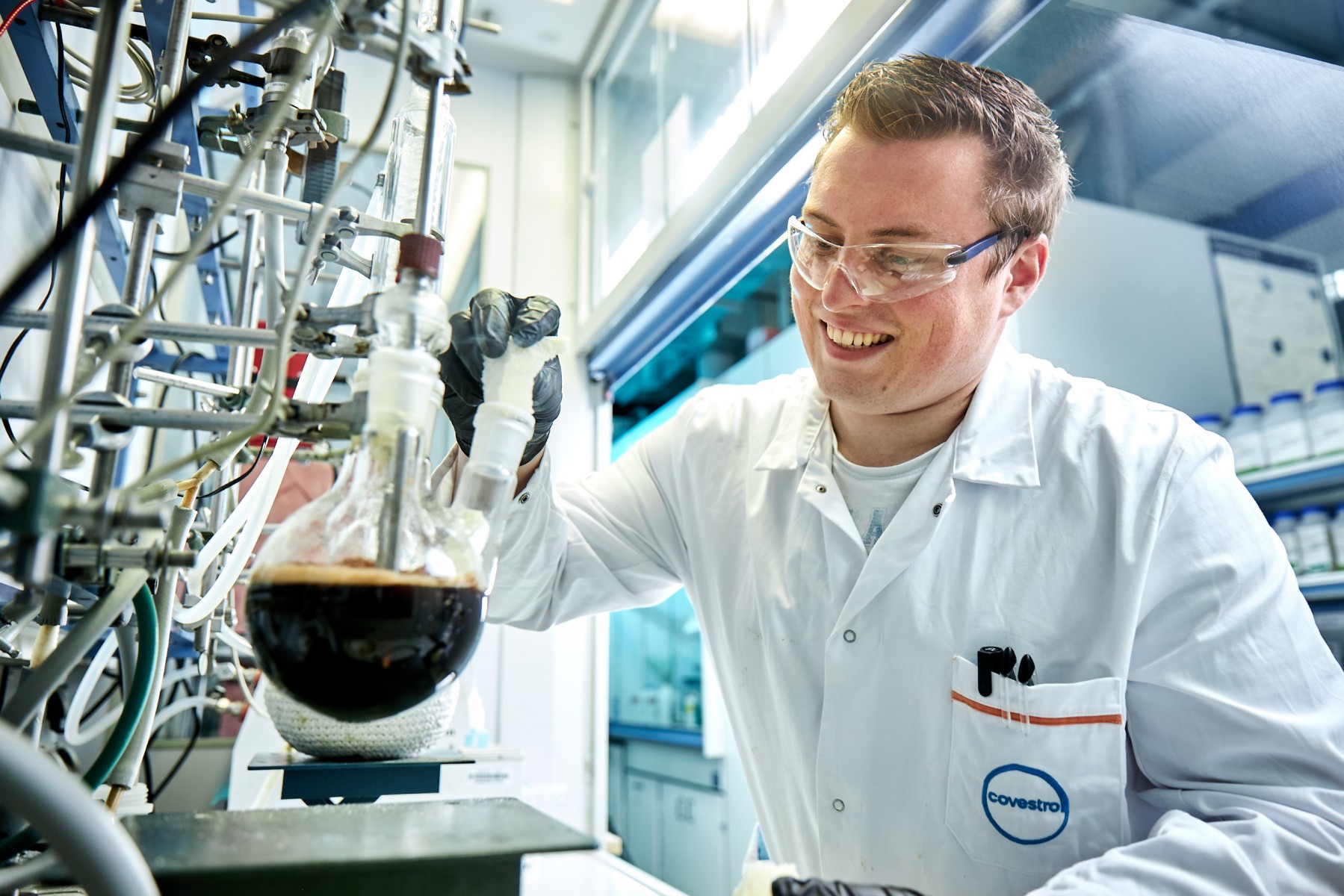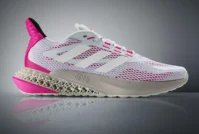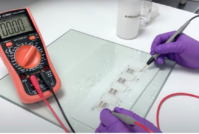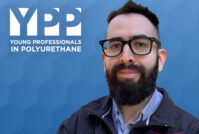look what we did!
Category: Environment, Innovation Bonds
Covestro’s Chemolysis Pilot Plant Improves Polyurethane Reusability
From the cars we drive to the mattresses we sleep on, polyurethane touches upon multiple aspects of day-to-day living — helping make the products we regularly use more comfortable, durable, efficient and safe. As the role of polyurethane in daily life becomes more ubiquitous, polyurethane suppliers are working on different ways of creating a circular polyurethane supply chain — one in which the need for new fossil-based raw materials becomes less and less. In a circular supply chain, existing materials are recycled at the end of a product’s life so that they can be used in new products.
One manufacturer making strides in creating a circular supply chain is Covestro. The engineering polymer company and polymer supplier is working on a new process that breaks polyurethane foam from mattresses down into their original building blocks. This chemolysis process relies on optimizing temperature and pressure to break the polyurethane down into its original components, which can in turn be used to create new polyurethane foam products, even new mattresses.
However, breaking down polyurethane products solves only one piece of the puzzle. Experts cite the difficulty with sorting different polyurethane foam types before chemolysis can occur, since the products are often comprised of a mixture of various polyurethane compositions.
Another company, Redwave, as part of the broader PUReSmart consortium, which is coordinated by Recticel, has created a smart sorting technology capable of identifying different kinds of polyurethane foams and grouping them together before chemolysis takes place to ensure a clean, homogenous supply of material.
With Redwave’s technology, sorting is accomplished using infrared optical sensors or other advanced detection technology. Through machine learning, as time goes on, the recycling process should become faster and more precise as the machine begins to recognize different foam types.While full-scale industrial application is still several years away, Covestro hopes chemolysis and the sorting technology will help it reach its sustainability and reduced emissions targets. This is an important step for the company as it aims to achieve its vision to become fully circular.

























